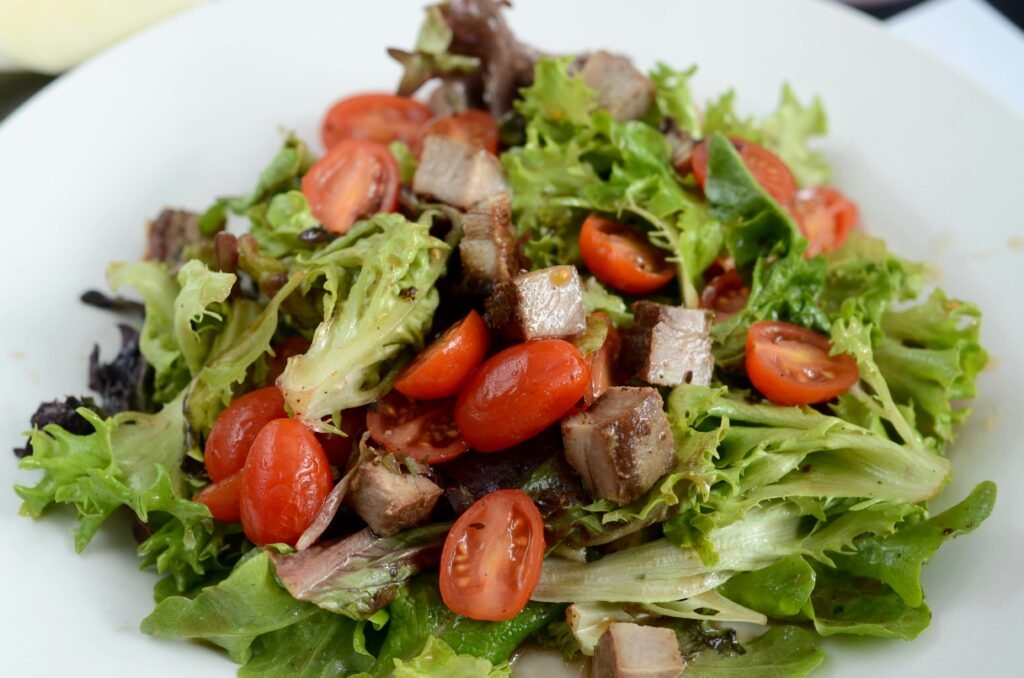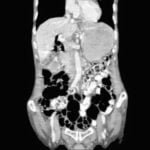Embrace Wellness: The Mediterranean Diet for a Healthier Life.
The Mediterranean Diet focuses on plant-based foods and healthy fats. You primarily consume vegetables, fruits, and whole grains. Extra virgin olive oil serves as the main fat source. Following this diet can reduce your risk of cardiovascular disease and various other chronic conditions. A dietitian can assist in tailoring the diet to meet your specific requirements.
What is the Mediterranean Diet?
The Mediterranean Diet is an eating pattern that highlights plant-based foods and healthy fats. Rather than adhering to strict rules or calculations, this diet focuses on overall eating habits.

Generally, this diet includes:
- Plenty of vegetables, fruits, beans, lentils, and nuts.
- A significant amount of whole grains like whole-wheat bread and brown rice.
- Abundant extra virgin olive oil (EVOO) as a primary source of healthy fat.
- A good amount of fish, particularly those rich in omega-3 fatty acids.
- Moderate amounts of natural cheese and yogurt.
- Little to no red meat, opting instead for poultry, fish, or beans.
- Minimal sweets, sugary drinks, and butter. Avoid it completely
This diet reflects the traditional eating patterns of certain Mediterranean countries in the mid-20th century, which researchers have linked to a reduced risk of coronary artery disease (CAD). Today, healthcare providers often recommend the Mediterranean Diet to individuals with heart disease risk factors or for overall health improvement.
A dietitian can help tailor the diet to suit your medical history, underlying conditions, allergies, and preferences.
Benefits of the Mediterranean Diet
The Mediterranean Diet offers numerous health benefits, including:
- Lowering the risk of cardiovascular disease, such as heart attacks or strokes.
- Supporting a healthy body weight.
- Maintaining healthy blood sugar levels, blood pressure, and cholesterol.
- Reducing the risk of metabolic syndrome.
- Promoting a healthy balance of gut microbiota (beneficial bacteria and other microorganisms).
- Decreasing the risk of certain cancers.
- Slowing cognitive decline with aging.
- Increasing lifespan.
These benefits arise because the Mediterranean Diet:
- Limits saturated and trans fats. While some saturated fat is necessary, excessive amounts can raise LDL (bad) cholesterol, increasing the risk of atherosclerosis. Trans fats have no health benefits and can cause inflammation.
- Encourages healthy unsaturated fats, including omega-3 fatty acids, which promote healthy cholesterol levels, support brain health, and combat inflammation.
- Restricts sodium intake, as high sodium levels can raise blood pressure, elevating the risk of heart attack or stroke.
- Limits refined carbohydrates and sugar, which can cause blood sugar spikes and provide excess calories with little nutritional benefit.
- Emphasizes high-fiber and antioxidant-rich foods, which reduce inflammation, support digestive health, and protect against cancer by neutralizing free radicals.
The Mediterranean Diet’s effectiveness comes from the combination of various nutrients working together. No single food or ingredient is responsible for its benefits; rather, the overall blend of nutrients contributes to its health advantages.
Mediterranean Diet Food List
When planning your meals or grocery shopping, focus on these staples of the Mediterranean Diet:
- Vegetables: A wide variety, including leafy greens, tomatoes, cucumbers, and peppers.
- Fruits: Such as apples, oranges, berries, and grapes.
- Whole grains: Including whole-wheat bread, brown rice, quinoa, and oats.
- Beans and lentils: A variety of types, like chickpeas, black beans, and lentils.
- Nuts and seeds: Almonds, walnuts, chia seeds, and flaxseeds.
- Healthy fats: Mainly extra virgin olive oil, but also avocado and olives.
- Fish and seafood: Especially fatty fish like salmon, sardines, and mackerel.
- Dairy: Moderate amounts of natural cheese and yogurt.
- Poultry and eggs: As alternatives to red meat.
- Herbs and spices: For seasoning, such as basil, oregano, and garlic.
- Beverages: Primarily water.
This guide should help you embrace the Mediterranean Diet’s principles for better health.
Join the mailing list!
Get the latest articles delivered right to your inbox!

